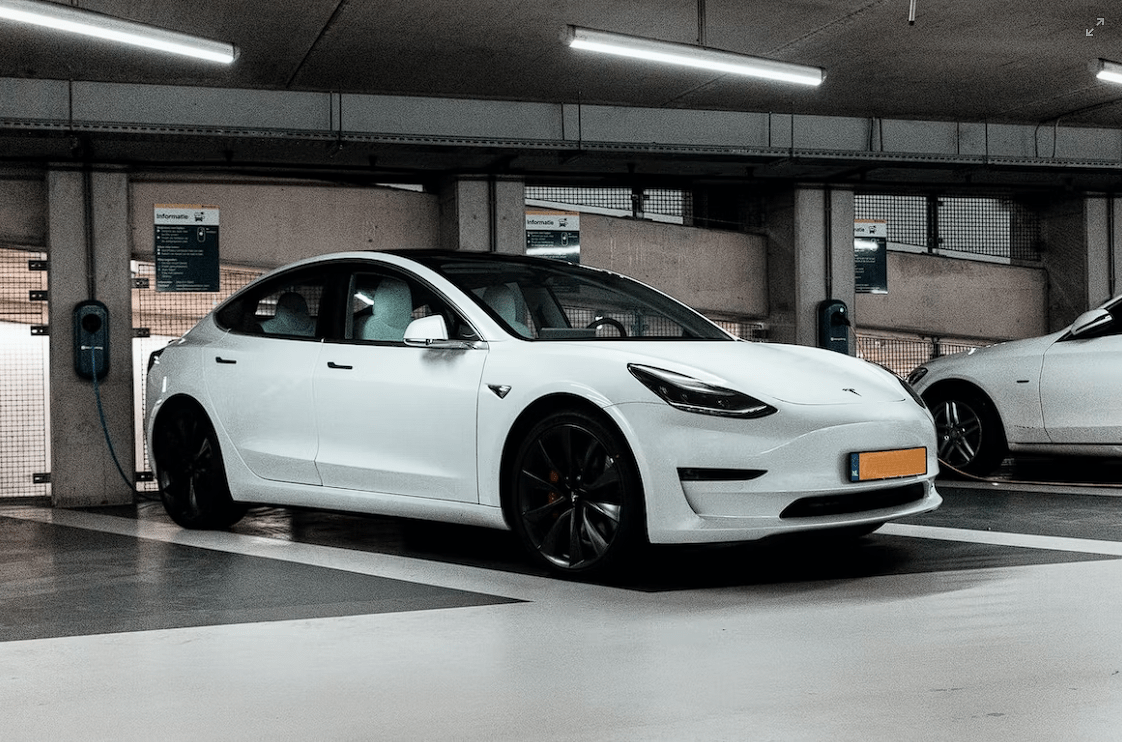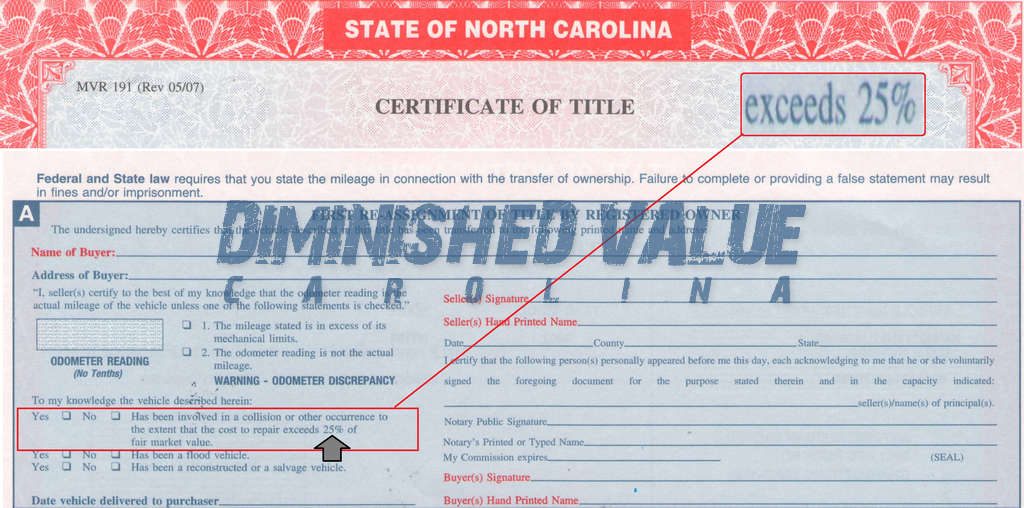New Rules for Us EV Tax Credits Come Into Effect Apr 18 (PDF)
 The US Treasury Department has issued guidance on federal electric vehicle (EV) tax credits that imposes new requirements for battery production and minerals sourcing. For vehicles to qualify for the $7,500 EV tax credit, 40% of critical minerals must be extracted or processed in either the US or a country with a free trade agreement with the US, while 50% of battery components must be produced by value in North America.
The US Treasury Department has issued guidance on federal electric vehicle (EV) tax credits that imposes new requirements for battery production and minerals sourcing. For vehicles to qualify for the $7,500 EV tax credit, 40% of critical minerals must be extracted or processed in either the US or a country with a free trade agreement with the US, while 50% of battery components must be produced by value in North America.
This requirement will become more stringent over time, as 80% of critical minerals must be sourced domestically by 2027 and 100% of component manufacturing should occur in North America by 2029. This aims to reduce reliance on Chinese suppliers for EV battery components and is part of President Joe Biden’s ambition to reach 50% electric or plug-in hybrid vehicles among new car sales by 2030.
Confusion has been caused by the guidance, with stakeholders finding the needs too heavy for the burgeoning EV sector. Presently there are 91 EVs set up for sale in America, and it’s hard to ascertain which cars make the cut for the changed tax discount. The leader of Alliance for Automotive Innovation, John Bozzella, declared that manufacturers will submit reports straight to the IRS to show which EVs satisfy the necessary mineral and/or battery component criteria, and a few will be eligible for a portion of the credit.
Concerns over Chinese Influence on EV Industry
Treasury Secretary Janet Yellen indicated that the guidance would help consumers save up to $7,500 on a new clean vehicle while also strengthening national security by boosting American manufacturing jobs. Yet, certain stakeholders have expressed apprehension that the guidance could further cede control to the Chinese Communist Party and contradict World Trade Organization regulations. Last month, Ford declared a $3.5 billion investment to craft an EV battery plant in Michigan, which will be developed utilizing technology from Chinese battery company CATL.
The US, Japan and EU are renegotiating free trade agreements to expand minerals sourcing rules. The Treasury has proposed that tax credits for Electric Vehicle (EV) batteries produced using Chinese technology be blocked from 2024. Republican Senator Marco Rubio has gone further, introducing a bill that he claims will stop Chinese companies from taking advantage of EV tax credits. As of April 18th, new guidance on battery production and mineral sourcing will apply to vehicle purchases.



